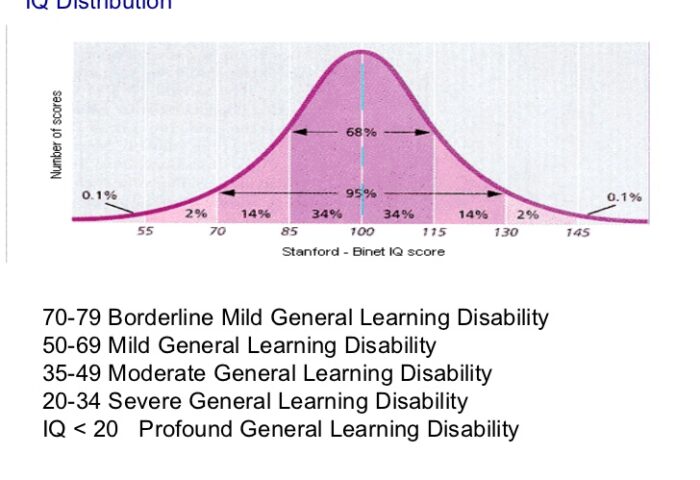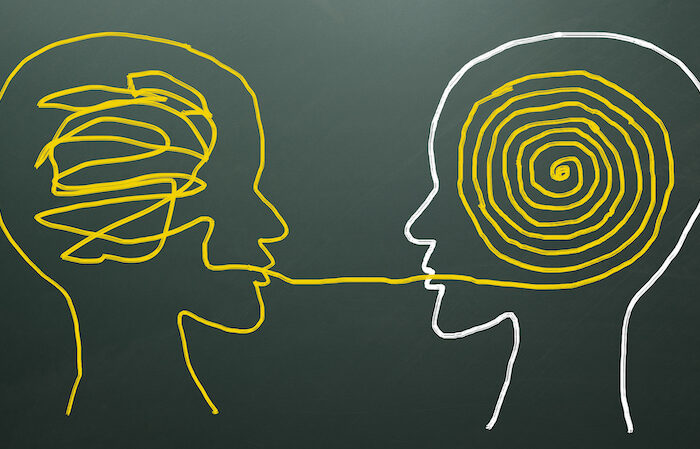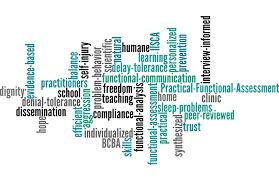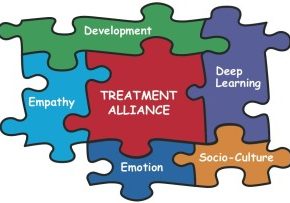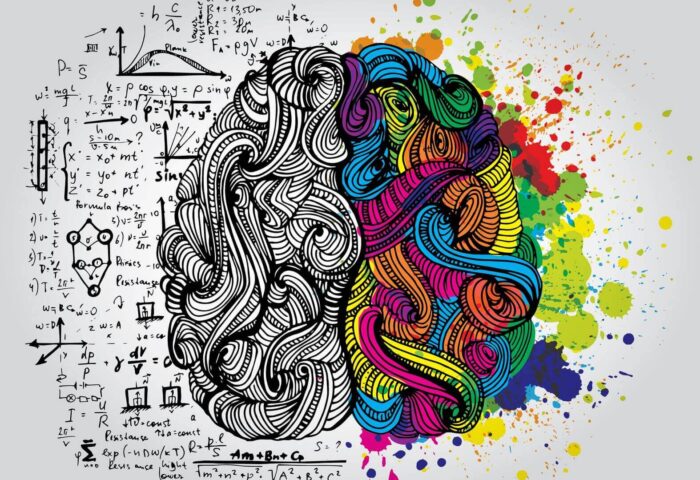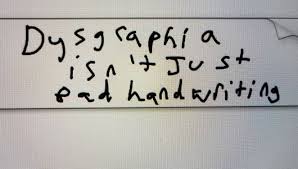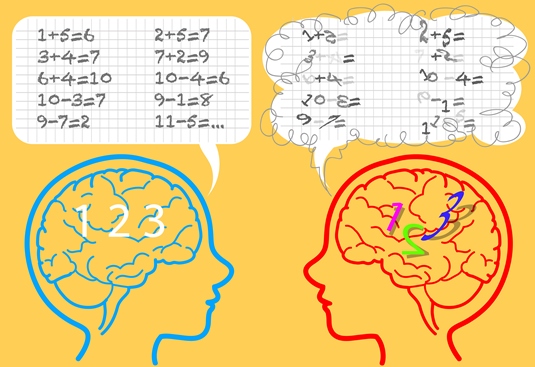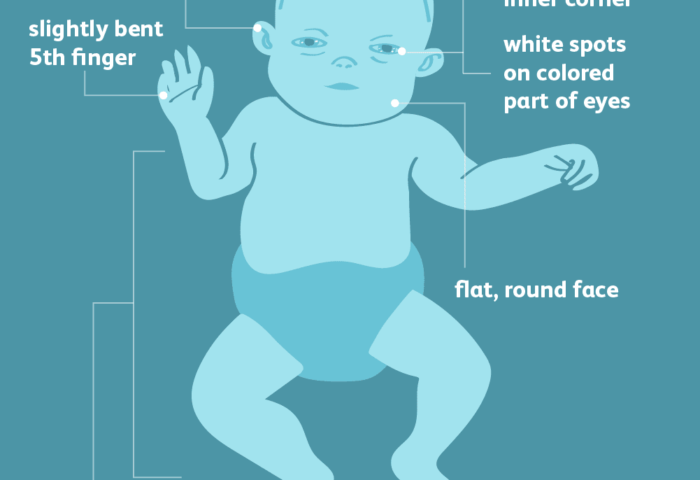What is Mild General Learning Disabilities?
Students with Mild General Learning Difficulties (MGLD) have significantly below-average general intellectual functioning (Griffin & Shevlin 2011; NCSE 2014; Westwood 2015). This is reflected in a slow rate of maturation, reduced learning capacity and inadequate social adjustment. MGLD may also manifest itself in delayed conceptual development, difficulties in expressing ideas and feelings in words, a […]

